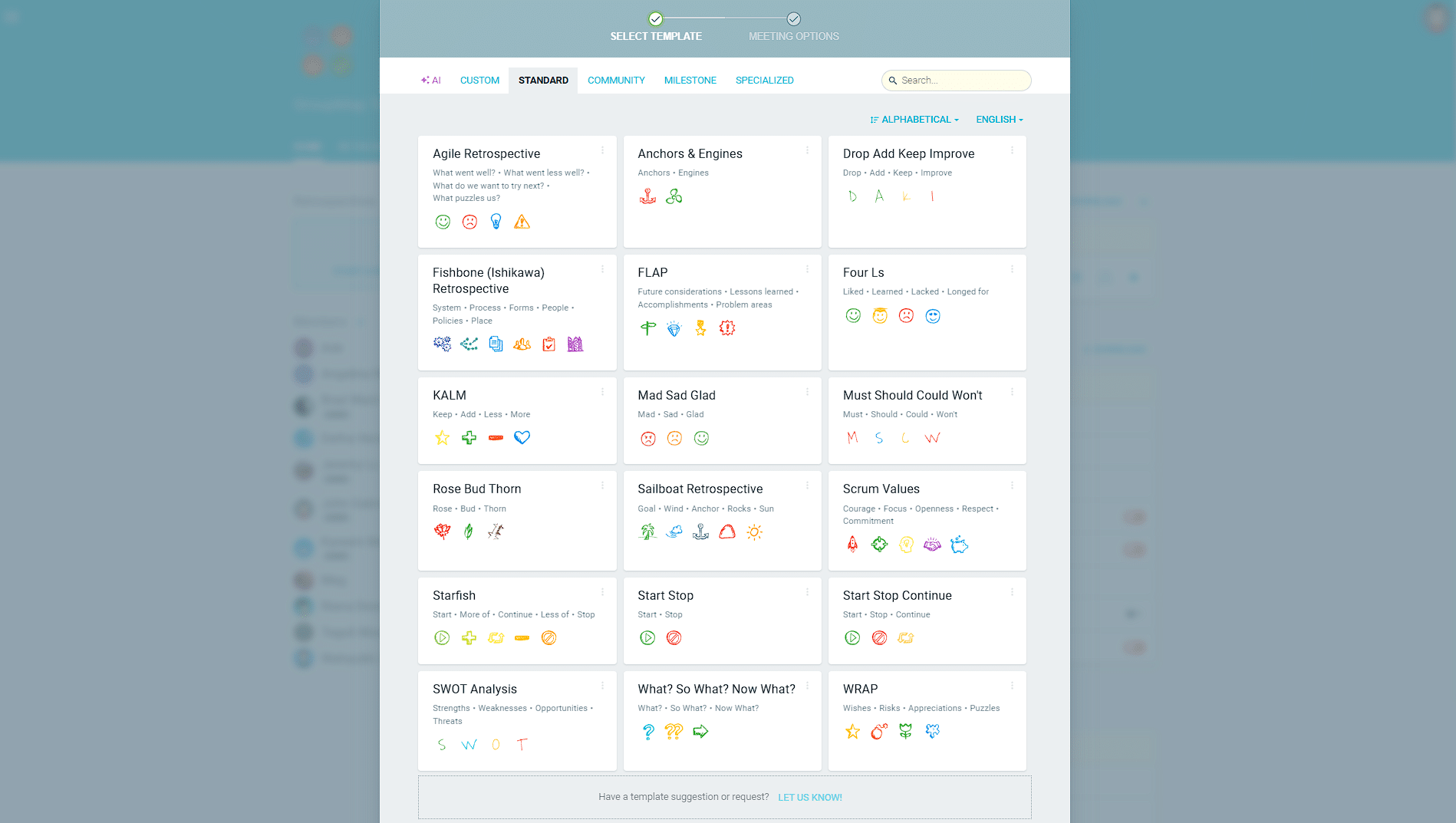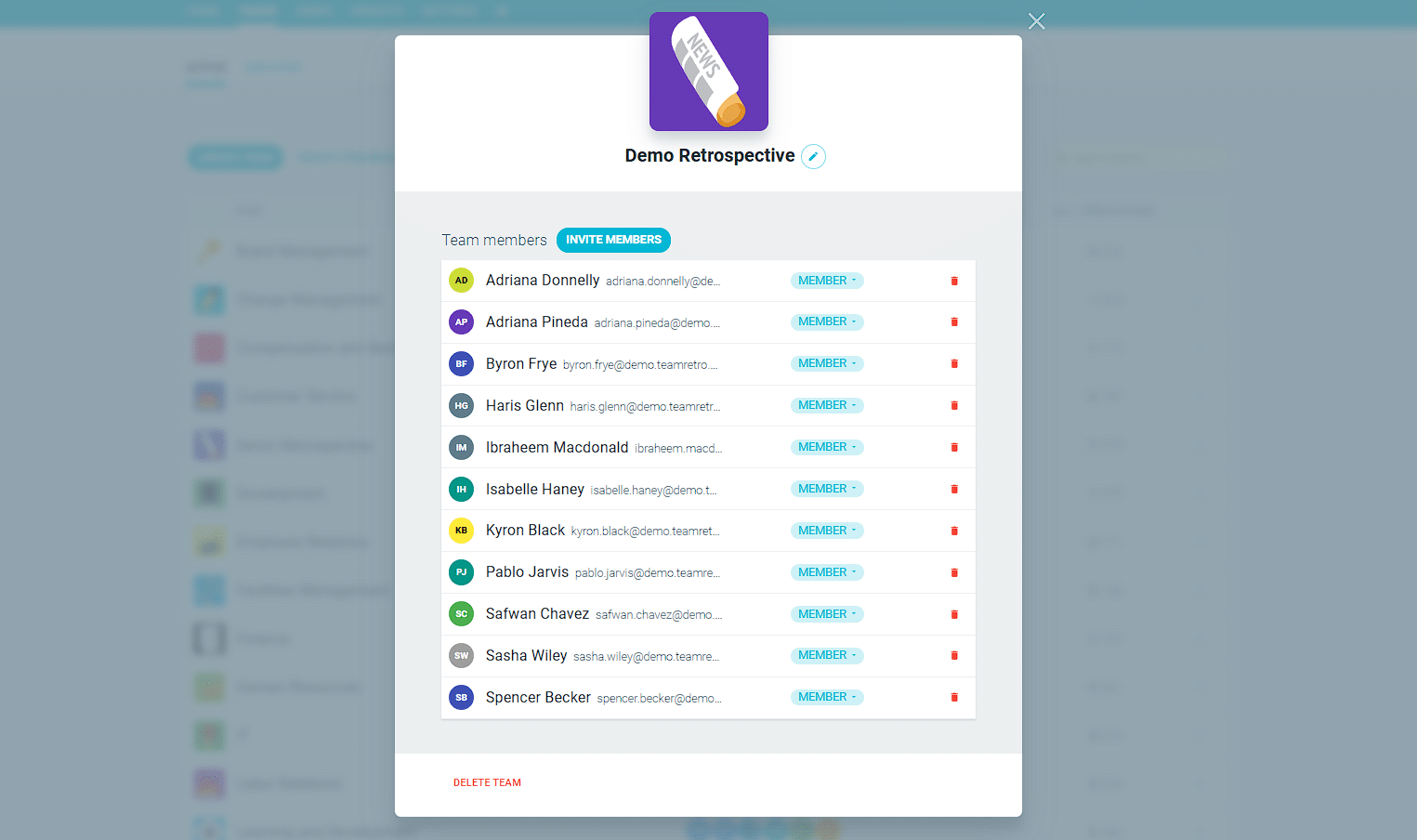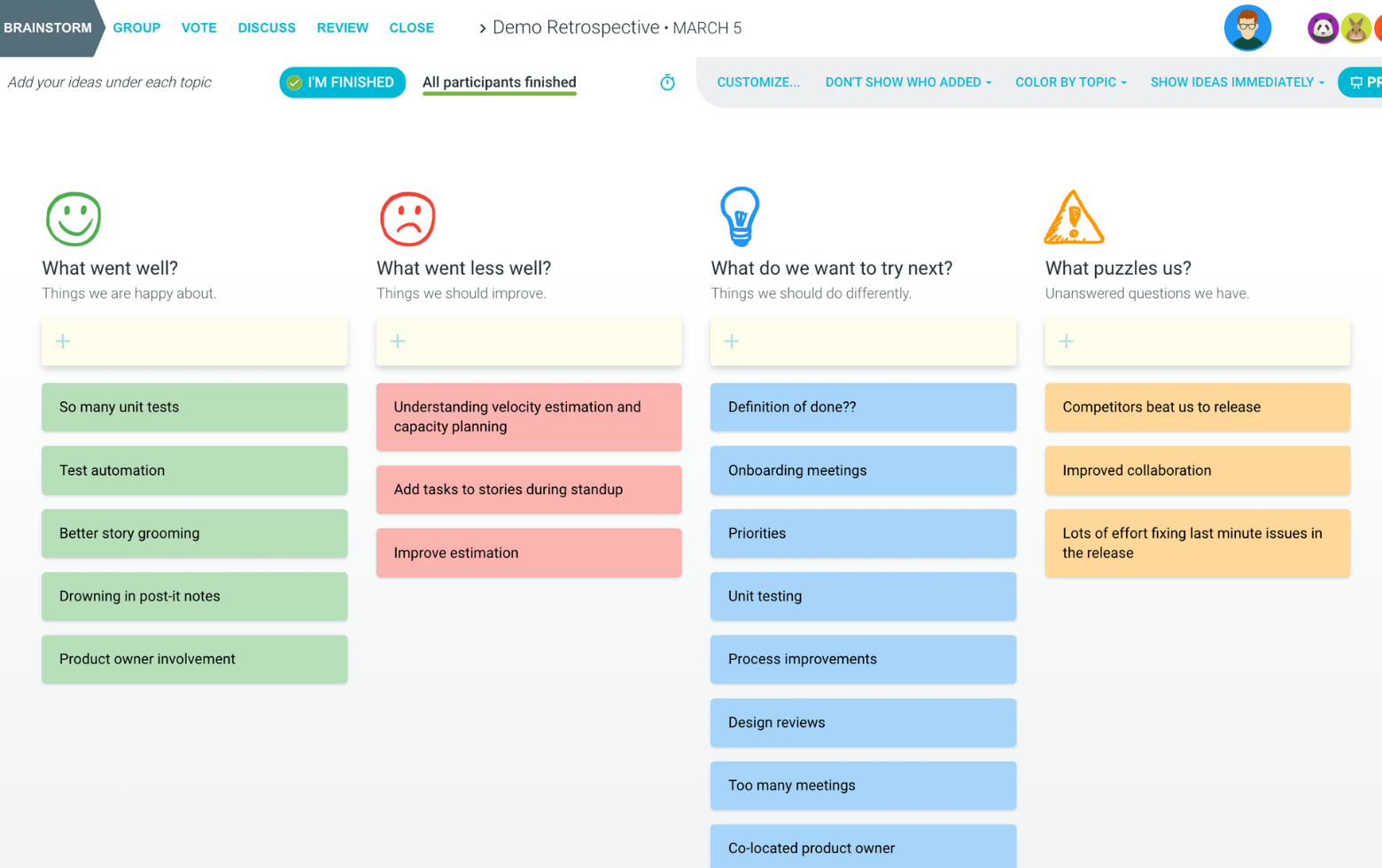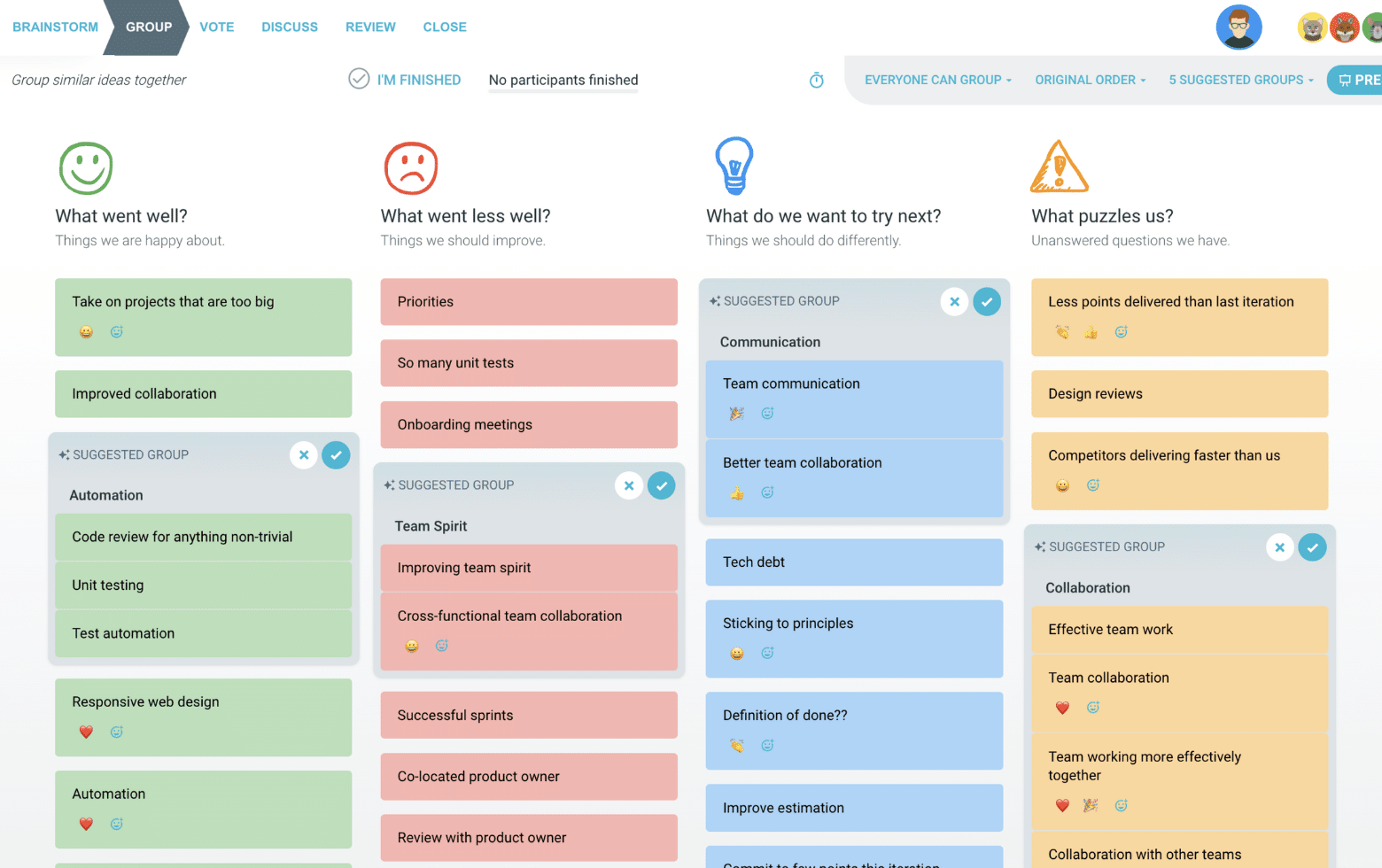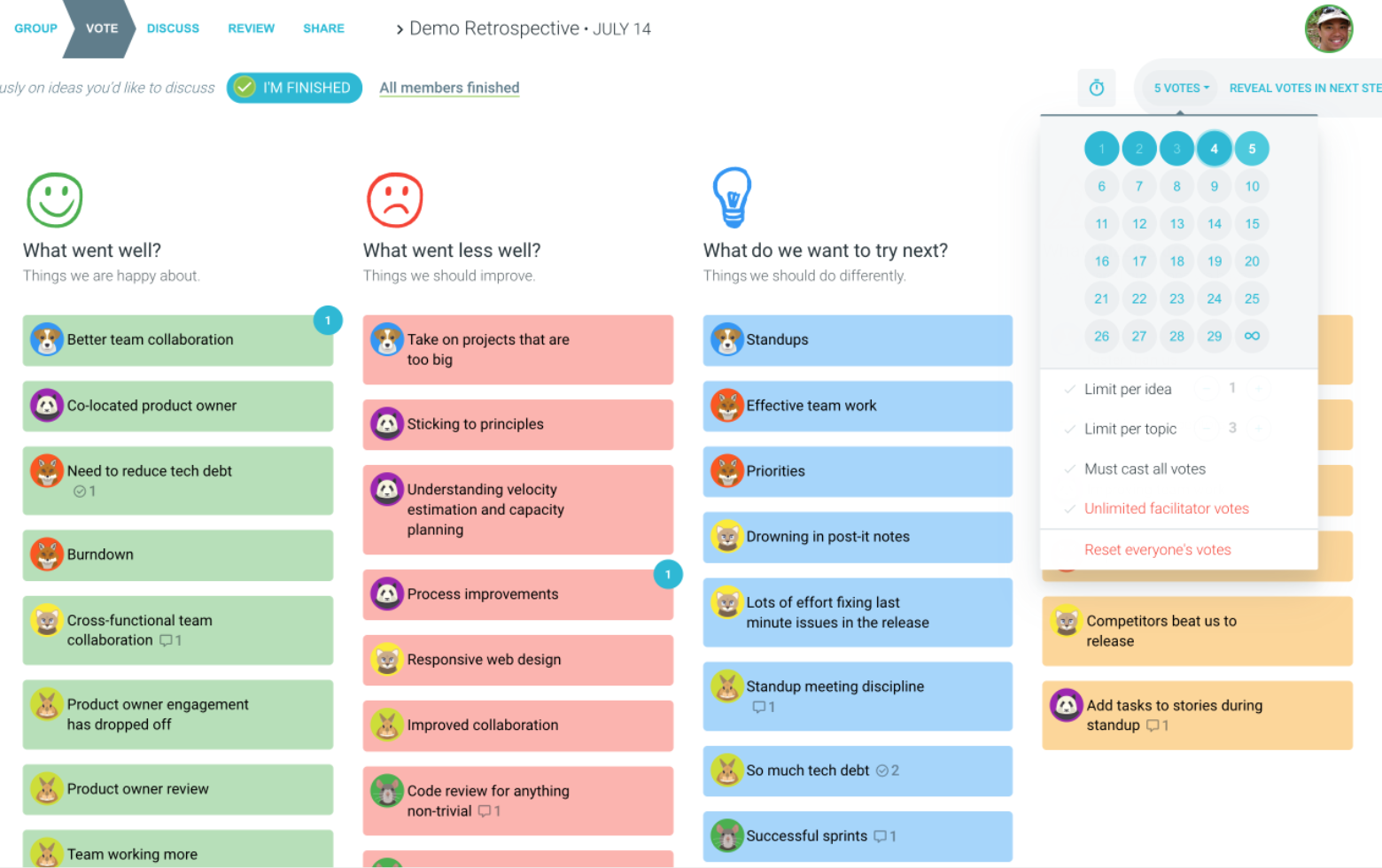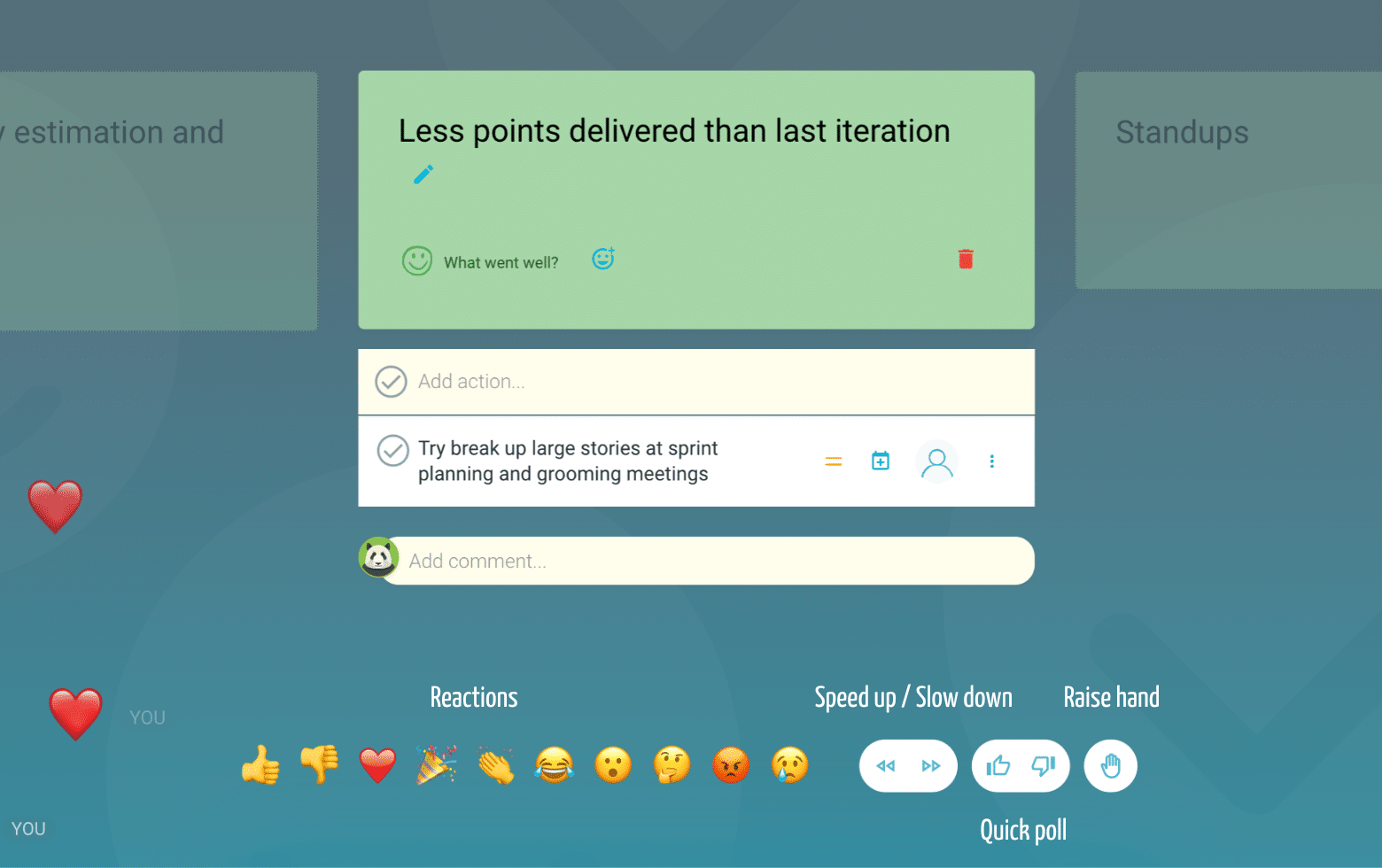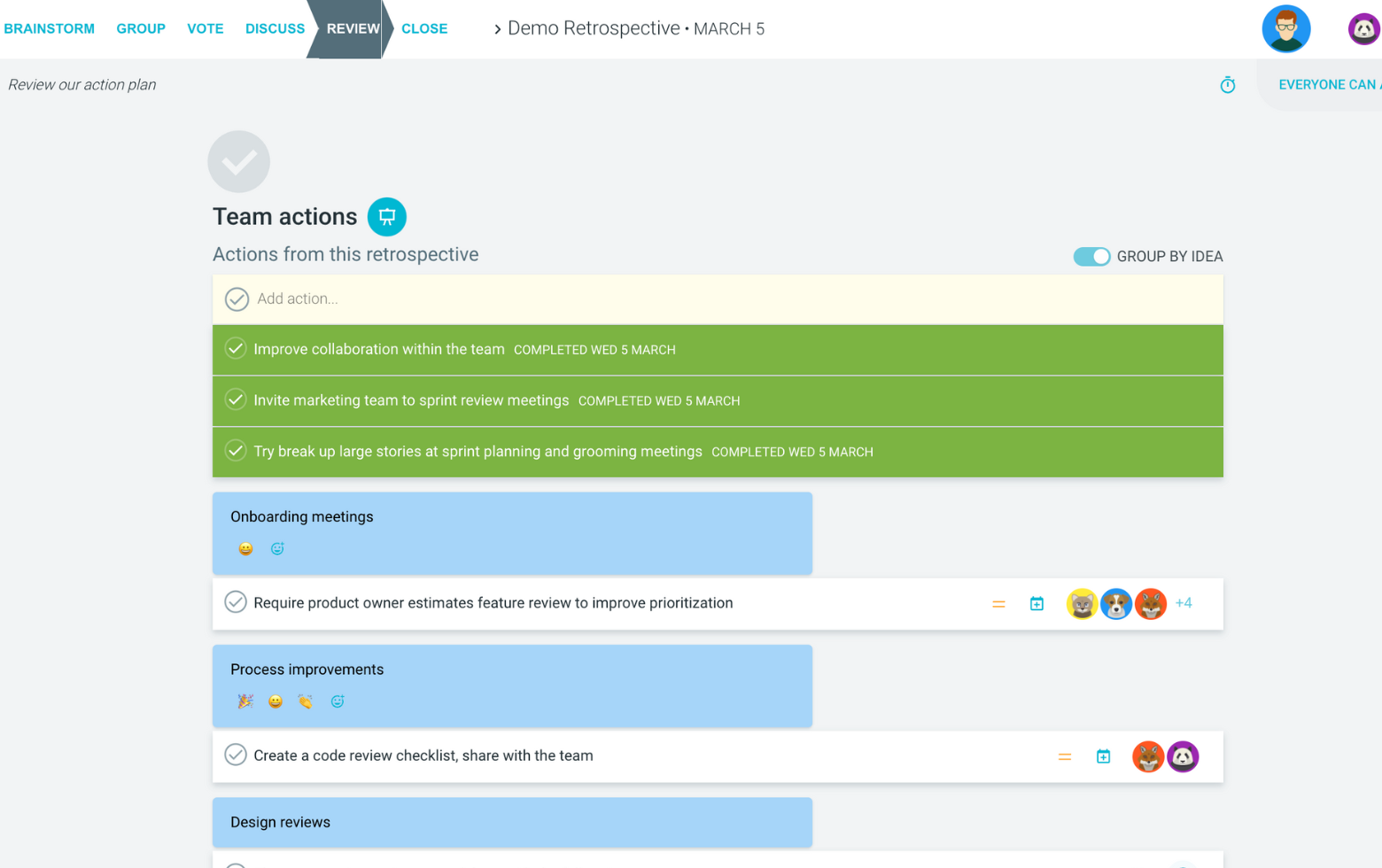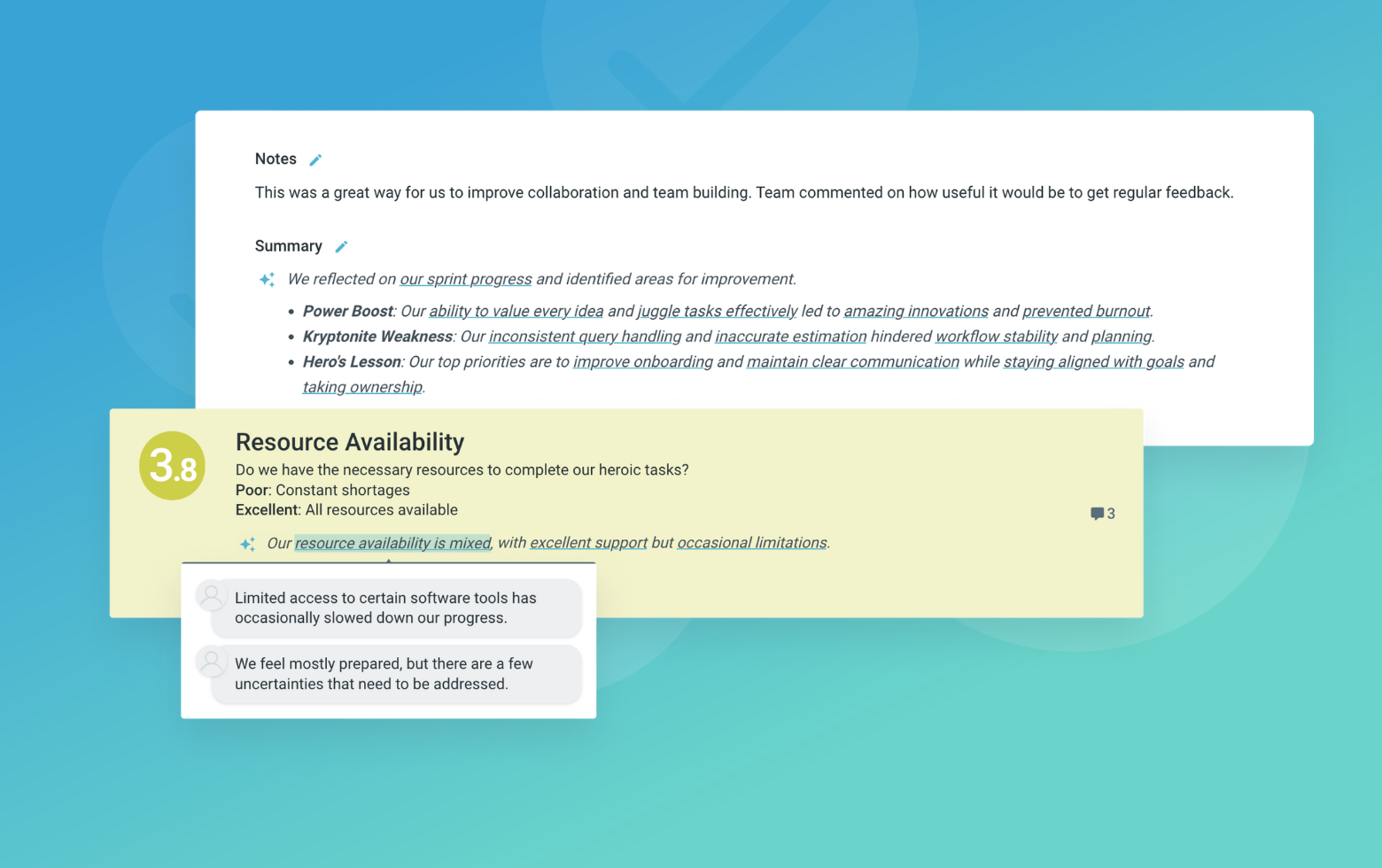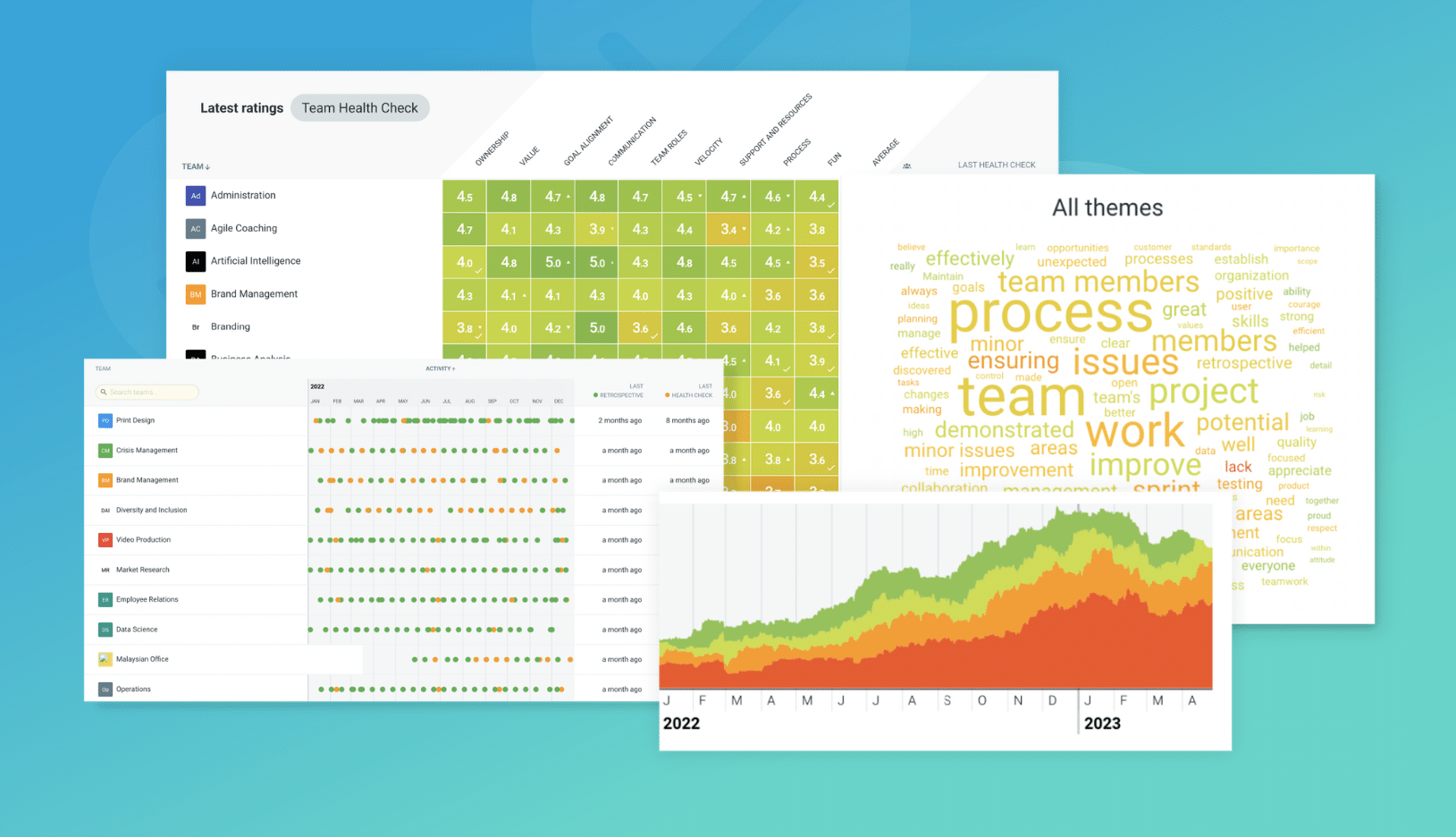What is the Olympics 2020 Retrospective?
We are always in awe and inspired by our Olympians and Para-Olympians whose commitment, dedication and effort achieved elite status in the worlds most recognised sporting competition. The Olympics 2020 retrospectives draws on the key elements of this international event and brings them to your agile team. It identifies positive and negative aspects as well as being a prominent reminder of the Olympic spirit and how it can unite the team.

The Olympics 2020 Retrospective format
Medals – These are the achievements, key outcomes and “winning” moments during the last sprint that people experienced individually or as a team. Perhaps a target or goal was reached, there was a surprised victory or just a moment that created a high five moment.
Olympic Spirit – The purpose of the Olympic Spirit is to “build a peaceful and better world which requires mutual understanding with a spirit of friendship, solidarity, and fair play.” It seeks to instil and develop values that promote tolerance and understanding as well as education and inspire everyone to achieve the best. Now, who wouldn’t want that in their team? This gives a space for people to provide a shout out to team members who have demonstrated this spirit in their work and interaction in the last sprint.
Stumbles – These are areas where there may have been fails, falls and demonstrate human fallibility. While they may not be the most positive of aspects, it can be a time where support, learnings and systems are put in place to support individuals and the team.
Olympic Torch – The torch is a symbol of tradition, recognition and unison. To this end, this part of the retrospective asks the team to identify what lessons, ceremonies or other actions they want to take forward.
This style of retrospective can be used to celebrate a milestone, an end of an epic or a significant moment in your team’s life cycle. Of course you can be creative by adding in other elements such as Ceremonies or Highlights.
Suggested Icebreaker questions for the Olympics 2020 Retrospective
- If you were an Olympic sport, what would you be why?
- Would you rather take part in a team based or individual sport ? Why?
- What sport would you want to break the Olympic record in and why?
Retro Rehearsal
Invite your team to rehearse the retro referencing a recent or significant Olympic sports event.
Based on that sport event, ask them what were some winning moments, where was the olympic spirit missing or shown, where might have been a fail or a lesson learned, and what they might want to take forward with them.
Ideas and tips for your Olympics 2020 retrospectives
-
Ask each person in the team to think of a sporting event that they have competed in (not just at the Olympics) and or have watched and what were the aspects they most enjoyed about it.
-
Use the concepts of brain writing – give people “silent time” to write, read and respond to each topic. You can even open up your retrospective before your meeting to allow people to add ideas and concepts prior to the meeting.
-
Try to encourage ideas in each section. Even when you don’t win the Gold Medal, there will still be elements of the journey that are positive and memorable. In reverse, even if there was nothing but victories, this may have been the result of challenges overcome.
-
Why re-watch one of the event highlights from your team’s favourite sports together to build camaraderie?
-
If you have some award medals of your own, you could have teams nominate members for the most resilient, most valuable, most important or most improved player of the team.
-
A thank you can go along way in this retrospective format. It can take courage to put new ideas forward or challenge the status quo, so make sure to acknowledge everyone’s ideas and contributions .
How to run a Olympics 2020 retrospective in TeamRetro
Start Your Session in a Click
Log into TeamRetro and choose your template. Customise questions and the workflow to create your perfect retro for your team.
Create Your Team Easily – No Separate Accounts Needed
Brainstorm Individually – Free From Bias
Smart Grouping for Faster Insights
Fair, Flexible, and Fast Voting
Engage, React, and Capture Key Insights
Walk your team through ideas one by one with Presentation Mode. Stay in sync, spark real-time discussions, and capture feedback with comments, live reactions, and polls—all in one place.
Turn Ideas Into Action
Propose next steps with team buy-in, get AI-powered action suggestions, and keep everything in one place. Committed actions sync to your personal dashboard and integrate with your workflow tools—keeping you on track.
Save, Share, and Stay on Track
Get quick AI-powered summaries, add facilitator notes, and store retrospectives in your library for easy access. Schedule your next session and track published actions to keep your team accountable at the next retro.
Turn Team Data into Actionable Insights
Uncover trends, common themes, and key engagement metrics at a glance. Track sentiment shifts, analyze conversations, and monitor completed actions to drive continuous improvement.
